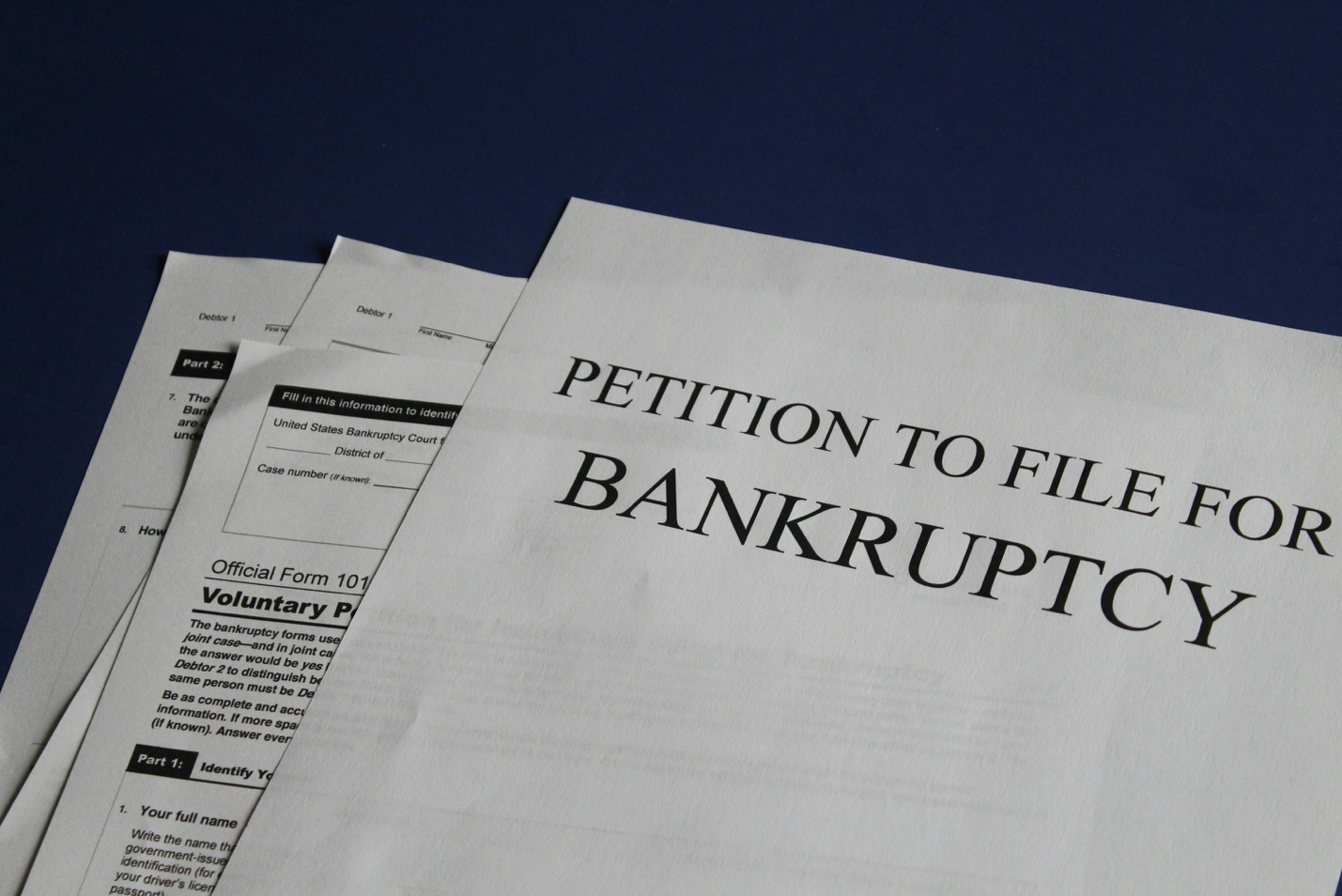Navigating financial difficulties often leads individuals to consider bankruptcy or loan modification as potential solutions. While these options can provide immediate relief, they also come with significant long-term consequences, particularly concerning your credit score.
Understanding the impact of bankruptcy on credit, as well as the effects of loan modification, is crucial for making informed decisions that align with your financial health.
Understanding Bankruptcy and Its Types
Bankruptcy is a legal process that provides relief to individuals who cannot repay their debts. There are different types of bankruptcy, but the most common ones for individuals are Chapter 7 and Chapter 13.
Chapter 7 Bankruptcy
Chapter 7 bankruptcy entails selling off non-exempt assets to pay creditors. After this process, most remaining debts are eliminated, relieving the individual of any further financial responsibility. However, this type of bankruptcy stays on your credit report for up to ten years, significantly impacting your credit score.
Chapter 13 Bankruptcy
Chapter 13 bankruptcy allows individuals to keep their property and repay debts over three to five years through a court-approved repayment plan. Although it stays on your credit report for seven years, it often has a slightly less severe impact on your credit score compared to Chapter 7.
The Impact of Bankruptcy on Credit
The impact of bankruptcy on credit can be profound and long-lasting. Here’s how it affects various aspects of your financial life:
Credit Score
Filing for bankruptcy can cause an immediate and substantial drop in your credit score. Depending on your initial credit standing, scores can decrease by 200 points or more. This significant decline makes it challenging to obtain new credit or loans at favorable terms.
Credit Report
A bankruptcy filing appears on your credit report for seven to ten years, depending on the type. This negative mark is visible to potential lenders, employers, and landlords, who may view it as a sign of financial irresponsibility.
Access to Credit
Post-bankruptcy, obtaining new credit can be challenging. Lenders are hesitant to extend credit to individuals with a recent bankruptcy on their record. When credit is available, it often comes with higher interest rates and less favorable terms.
Employment and Housing
Some employers and landlords check credit reports as part of their decision-making process. A bankruptcy on your record can hinder your ability to secure certain jobs or rental agreements.
Understanding Loan Modification
A loan modification is an agreement between a borrower and a lender to change the terms of an existing loan. This can include adjusting the interest rate, extending the loan term, or reducing the principal balance. While loan modification can make monthly payments more manageable, it also has implications for your credit score.
The Impact of Loan Modification on Credit
The impact of loan modification on credit is generally less severe than bankruptcy, but it can still affect your credit score and report.
Credit Score
When you apply for a loan modification, the lender typically reports it to the credit bureaus. This can lead to a temporary drop in your credit score, as it indicates that you are experiencing financial difficulties.

Credit Report
A loan modification will appear on your credit report as a change in the terms of your loan. This entry can signal to potential lenders that you struggled to meet the original loan terms, which may impact your ability to secure future credit.
Access to Credit
While the impact of loan modification on credit is less damaging than bankruptcy, it can still make obtaining new credit more challenging. Lenders may view the modification as a sign of financial instability and offer less favorable terms.
Long-Term Implications of Bankruptcy and Loan Modification
Understanding the long-term implications of bankruptcy and loan modification is crucial for making an informed decision. Here’s how each option can affect your financial future:
Long-Term Impact of Bankruptcy on Credit
1.Extended Credit Recovery Time: The impact of bankruptcy on credit can take years to overcome. Rebuilding your credit score requires time, patience, and responsible financial behavior.
2.Difficulty Obtaining Loans: Securing loans, particularly mortgages or auto loans, can be challenging post-bankruptcy. When loans are available, they often come with higher interest rates and stricter terms.
3.Higher Insurance Premiums: Some insurance companies consider credit scores when determining premiums. A bankruptcy on your credit report can lead to higher insurance costs.
4.Limited Employment Opportunities: Certain employers may view a bankruptcy filing as a sign of poor financial management, potentially affecting your job prospects.
Long-Term Impact of Loan Modification on Credit
1.Temporary Credit Score Drop: While the initial impact of loan modification on credit can lower your score, it is usually temporary. Responsible financial behavior can help you recover more quickly than after bankruptcy.
2.Future Loan Terms: Lenders may offer less favorable terms for new credit, viewing the modification as a sign of past financial struggles.
3.Improved Financial Stability: Successful loan modification can lead to more manageable monthly payments, helping you maintain better financial stability in the long run.
Why Avoiding Bankruptcy and Loan Modification Can Be Beneficial
Avoiding bankruptcy and loan modification can be beneficial for maintaining a healthy credit profile. Here are a few reasons why:
1.Preserving Credit Score: By avoiding these options, you can prevent significant drops in your credit score, making it easier to obtain credit and loans with favorable terms.
2.Maintaining Access to Credit: A healthier credit profile increases your chances of securing new credit when needed, often with better interest rates and terms.
3.Enhanced Financial Opportunities: A strong credit score can open doors to better job opportunities, lower insurance premiums, and more favorable rental agreements.
4.Long-Term Financial Health: By managing your finances responsibly and avoiding bankruptcy or loan modification, you can build a more stable financial future.

How Recover All Investments Can Help
At Recover All Investments, Inc., we understand the challenges that come with financial difficulties. Our mortgage foreclosure assistance and mortgage payment assistance programs are designed to avoid foreclosure and help you retain your property.
Additionally, our professional credit repair programs in Texas can help you improve your credit score and regain financial stability. We also help you sell your house fast if needed. With our expert guidance and personalized solutions, you can navigate financial challenges effectively and work towards a healthier credit profile.
Reach out to us today to learn more about how we can assist you in achieving your financial goals.
